Photo credits: University of Washington Press
Samuel Eugene Kelly, Sr., a U.S. Army serviceman, and scholar came into the world on January 26, 1926, in Greenwich, Connecticut.
His father, James Handy Kelly, was a pastor. His mother, Essie Matilda Allen-Kelly, was a housewife. Kelly’s education was provided by Greenwich’s public school system. However, he ended up dropping out in 1943 before joining the U.S. Army the following year. At 18 years of age, Kelly started his career in the Army as a private. He finished Officer Candidate School at Fort Benning, Georgia, a year and three months after beginning what would become a robust military career. Following his stint at Fort Benning, Kelly was promoted to the rank of Second Lieutenant in August 1945.
He served with the U.S. occupation troops, which militarily controlled Japan during the exact month that World War II ended. Kelly’s last year of being stationed in Japan was 1950. He was transferred to South Korea in 1951 when the Korean War began. At that time, Kelly was among the first African Americans in U.S. history to lead a racially diverse unit in America’s military. For the following sixteen months, Kelly fought battles against the armies of North Korea and China. He married Joyce Estella Lyle in 1950. William Lyle Kelly (born in 1952) and twins Brenda Joyce and Sharon Yvonne Kelly (born in 1956) were the couple’s three children.
Kelly arrived back in the U.S. in 1952. In 1954, he became a member of the 188th Airborne Regimental Combat Team at Fort Campbell, Kentucky. In 1966, Kelly accepted additional responsibilities, which resulted in his advancement to the rank of Colonel. Before retiring, Kelly served in Fort Lewis, Washington. During his Army service tenure, he stayed the course when it came to finishing his education. Kelly earned his high school diploma in 1948 and obtained a B.A. in history from West Virginia State University in 1959. The following year, Marshall University in Huntington, West Virginia, awarded him an M.A. in history.
After retiring from the armed forces in 1966, Kelly started his career as a collegiate instructor. At 40 years of age, he initiated his career as an educator on the campus of Everett Junior College in Everett, Washington. This made Kelly the first African American to ever be employed in the Washington State Community College System. Kelly began teaching history at Shoreline Community College in Shoreline, Washington, in 1967. This institution was Kelly’s staging ground for establishing one of the earliest collegiate-level Black Studies departments in American history. Kelly was also a member of the fraternities Omega Psi Phi and Sigma Pi Phi.
He was selected as the first Vice President for Minority Affairs at the University of Washington in 1970 for his impeccable track record at Shoreline Community College. Kelly began pursuing a Ph.D. at the University of Washington even though he was already a full-time administrator working in a position that did not require a doctoral degree. Kelly completed his doctorate in 1971, which was also the year the University of Washington approved his faculty membership at its College of Education. The last year of Kelly’s tenure at the University of Washington was 1982.
During his time as director of the Office of Minority Affairs there in the 1970s, he helped the university establish policies to attract thousands of students of color and economically disadvantaged white students. As the office’s director, Kelly exercised his commitment to diversifying the student, faculty, administrative, and staff populations—years prior to the time it became acceptable to do so at a majority of U.S.-based higher education institutions. Following his first wife’s death, Kelly married Donna Schaplow, an administrator in the University of Washington personnel department.
Samuel Eugene Kelly, Jr. was born in 1985 and was Kelly and Schaplow’s only child. Kelly started a third run as an educator at Portland OIC/Rosemary Anderson Middle and High Schools in Portland, Oregon, in 1991. He spent the following thirteen years assisting at-risk inner-city pupils in graduating from high school and successfully raising money to improve the curriculum. At the age of 78, Kelly departed as President and CEO of the Anderson School in 2004 and began his retirement.
Dr. Samuel Kelly died at 83 years of age in his Redmond, Washington home on Monday, July 6, 2009.

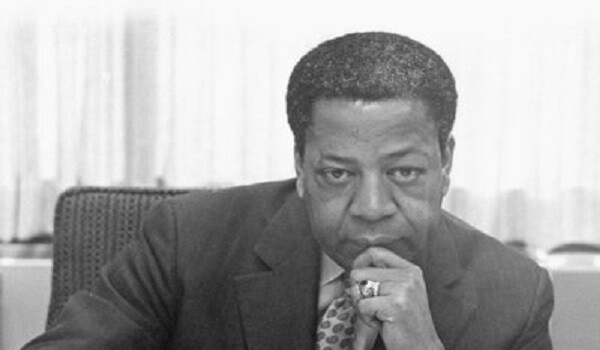



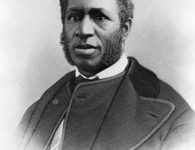
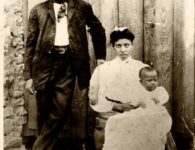
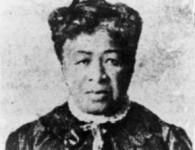

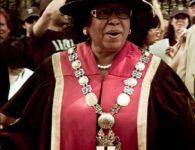

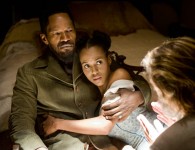
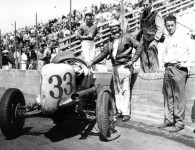
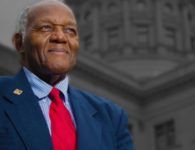
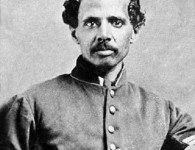

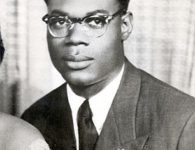
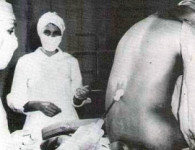
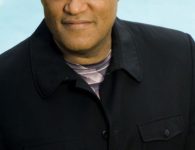

No comments